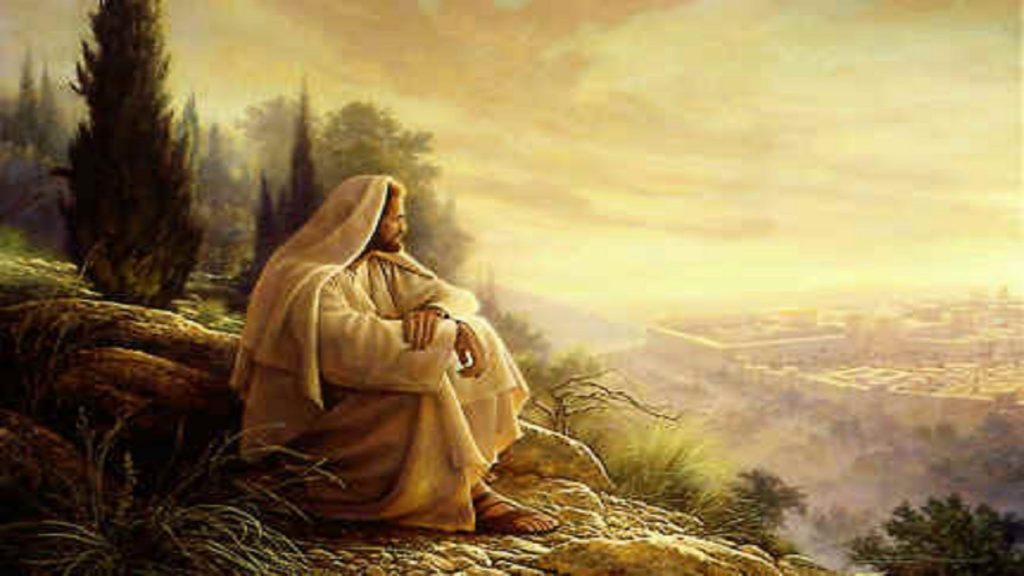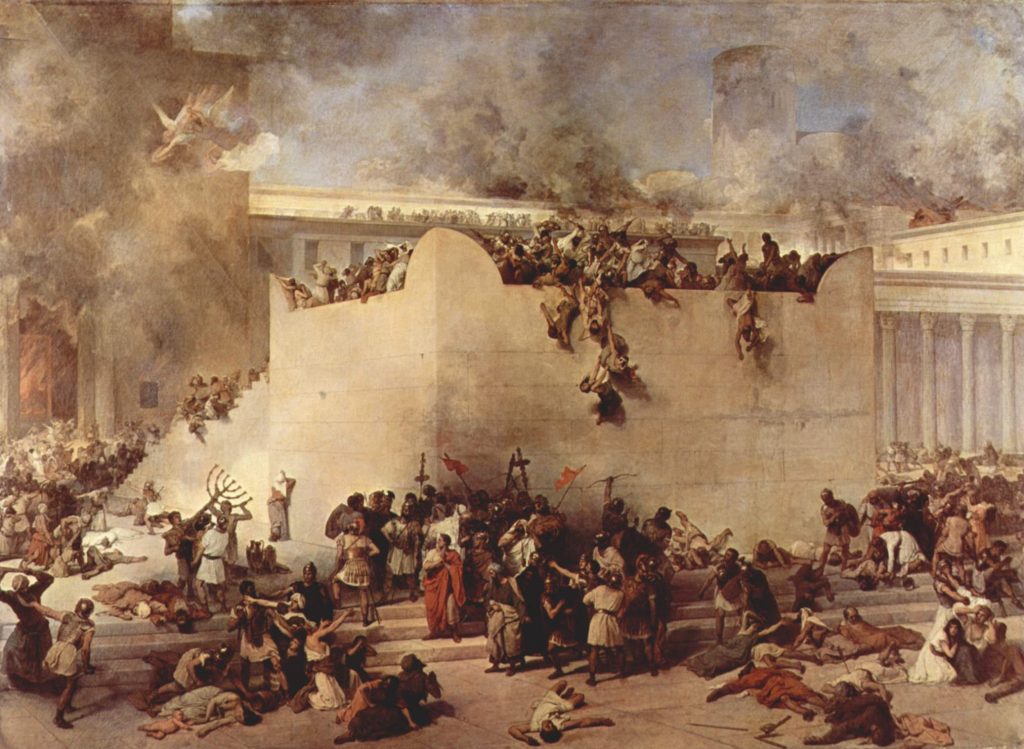Our modern world is video-centric. We are inundated with videos on every front. Half of the news sites on the internet have autoplaying videos that pop up on every page. Our children are surrounded by video, and the last couple of generations are basically illiterate.
Now, this is based upon my own observation, but it seems like GenX is the bridge generation between readers and viewers. Baby Boomers still read. They may read and write junk, for the most part, but they still rely on the written word. GenX grew up in a world where video was becoming more prominent. As Latchkey kids, GenX often turned to the television for entertainment, much more so than prior generations had done. No longer was film and television an occasional diversion, but it became an important part of being a GenX kid.
Still, GenX also enjoys a good book. In that sense, GenX tends to be comfortable with both video and print. In fact, GenX tends to use whichever one works best for the task at hand, with time being a factor. Need a quick overview of a novel? Watch the movie. Need details? Read the book. Watch a 2 min instructional video or read the transcript? Personal preference.
As GenX entered adolescence, television options exploded. No longer were we stuck with 3 channels, all with scripted series that followed traditional narrative forms. Now, we had 24 hours of news on CNN. We could flip over to MTV and watch music videos. We could also turn it off, and pick up the latest Stephen King novel (or any other author that interested us).
The entertainment landscape continued to develop into a video-heavy structure after GenX became adults, and those who followed no longer spent as much time with their noses in a book, but came to depend on the television and silver screen (and later the computer) to provide entertainment. Sure, the kids learned to read – as a skill of looking at words on paper or screen – but they did not learn how to READ.
And that is a problem.
 Now to be clear, I am not against video. There is value in using video, in the proper context. At the same time, video watching is fairly passive, while reading is much more mentally active. Rather than being told what to see, as in video, books give you a rough outline and you have to fill in the gaps. Being a good reader means that you can take guidance and still be creative. If we were to pick a book (not having seen a film about it), and described the main character, most of us would have similar, but varying details. Why? Because we each add our own flavor to the interpretation. A creative mind is a useful mind.
Now to be clear, I am not against video. There is value in using video, in the proper context. At the same time, video watching is fairly passive, while reading is much more mentally active. Rather than being told what to see, as in video, books give you a rough outline and you have to fill in the gaps. Being a good reader means that you can take guidance and still be creative. If we were to pick a book (not having seen a film about it), and described the main character, most of us would have similar, but varying details. Why? Because we each add our own flavor to the interpretation. A creative mind is a useful mind.
Good readers also know how to work for their entertainment. I can sit on my butt and watch a movie for a couple of hours, or I can turn page after page, often for several days, to find out what happens. Again, neither is necessarily better, but both are useful, and we need to help our children rediscover the value and joy of reading.
The key is to introduce your children to books when they are young.
When my children were infants, I used to sit them in my lap while I was reading, and I would read out loud, so they could hear. I did this with novels, newspapers, textbooks (I was in grad school then), the Bible, and pretty much anything I was reading at the time.
As they got older, and could actually understand what was happening in the stories, my wife and I would read age-appropriate stories to them. As they continued to age, I still read books to them, until they reached their teen years and would tackle the books on their own more readily. For example, I read all seven of C.S. Lewis’ Narnia books to them.
As they learned to read on their own, and began to branch out into individual reading experiences, we made sure they had a handy supply of good books available. We still have shelves full of those books (I do plan on having grandkids some day, so we are keeping them). Tom Swift stories are joined by G.A. Henty books. At the age of 10, my daughter fell in love with Jules Verne, so we have all his novels.
Of course, they also watch television and play on the computer. They battle through Call of Duty games. They read comic books (rebranded as “Graphic Novels”). But they also have access to good literature. As my children enter adulthood, they have found their own genres to enjoy. They are readers.
It is high time we took time to introduce our children to books. Sure, let them watch movies, but don’t forego the written word. They will be better people, if they learn to enjoy a good book.










5
Though the authors here seem to have libraries that would make me drool, it never hurts to pass along a bit of information for those that might be lurking. If you are on a budget, the following links are tremendous resources:
https://www.ccel.org/read
https://ebooks.adelaide.edu.au/
One day, I will have to get recommendations from the authors here on a proper history section for the collection. The articles have given some great additions to the Man of the West reading slate. There will eventually be a full, compiled list.
Those are both great sites. Today, with so many public domain classics, as well as the relative inexpensive prices of ebooks, there are plenty of great options for good material. As for a proper history section….well, depends on what part of history you are currently interested in. You might note the public domain books that P.G. Martel has been using for his historical posts. Those are always good. If you are looking for something more modern, I have found David Hackett Fischer’s works to be pretty good. In particular, I appreciated his Washington’s Crossing and Albion’s Seed. But there are plenty of good books out there on historical topics. Again, it would depend on what you are wanting to read about.
Fischer’s books are excellent in the attack of the grand scope of history. Only a few other historians even try to tackle the monstrous task of piecing together a thousand years of history and trying to find the common thread. His work really was interesting, and if you have more in his vein with that ambitious of a scope, those would be great recommendations.
The primary era of interest right now would be that odd time from 1870 – 1910 in US history. For all that changes that occurred in the country at that time, it really is an unknown time span for me.
On a more global scope, if anyone has recommendations for anything on the Great Northern Wars or the rise and fall of the Hanseatic League, either would be of interest as of right now.
[…] Source link […]
Actually, younger people read MORE than older people (65+).
https://www.irisreading.com/how-many-books-does-the-average-person-read/
Also, keep in mind that most sites that quote statistics about reading only count physical books, and don’t count eBooks, audiobooks, and books from apps.
4
The two greatest gifts that parents can give their children are Jesus Christ and schooling at home.
Amen to that.